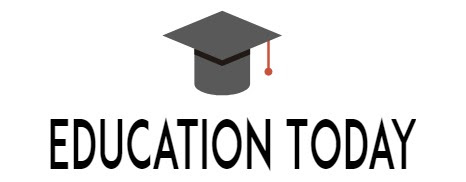In day by day, teachers have to deal to different types of students. Some students are the best because they are very obedient, some are good because they are obedient. But some students are called Problematic because they are disobedient. Different teachers react to them different types.
Who are Problematic Children?
Problematic children are different from other students. They make several problems in classroom and school. They may quarrel with other students and may be disobedient.
What is the meaning of problematic children
Problematic means difficult to deal. We can say such types of people are difficult to understand. In classroom, we can say such types of students are full of issues, not certain to be successful.
How to deal students with problems
Some teachers feel this as a big problem, some teachers neglect such students, some teachers do not teach these students, some teachers punish hard these students, and some teachers say “cut the name of these students, they may not learn anyway.” But if we think positively, we may find it is a failure of the teacher. I do not say that all the teachers may wrong. Occasionally, the concern may be tough to deal the teacher, but attitude of the teacher is a main thing.
The teacher should know that the every child is entitled to education. And to develop the efficiencies in students is the duty of the teacher. Before the searching the solution of the problematic child, we have to understand the human psychology. Each person has the unique qualities in itself. Different person has the different types of qualities in different areas. We have to identify these qualities and try to enhance them in a desired way. In classroom teaching where we deal with a group, the understanding of group psychology may be very helpful to us. Teacher has to use some psychological techniques to deal to them.
Problematic children also have the Right to Education. They need teacher’s special attention.
View complete blog:
Nice Posts to read:
A success teacher; A good leader
society and education
innovative people and traditional society
View complete blog:
Anil Sahu’s Education Blog











